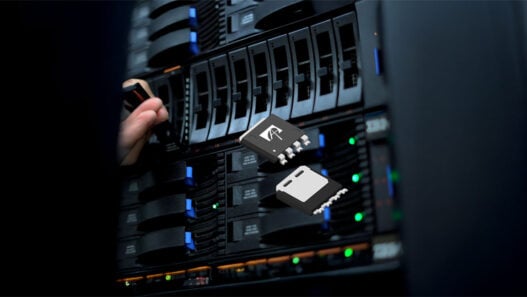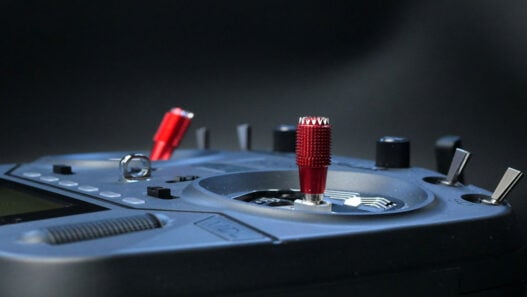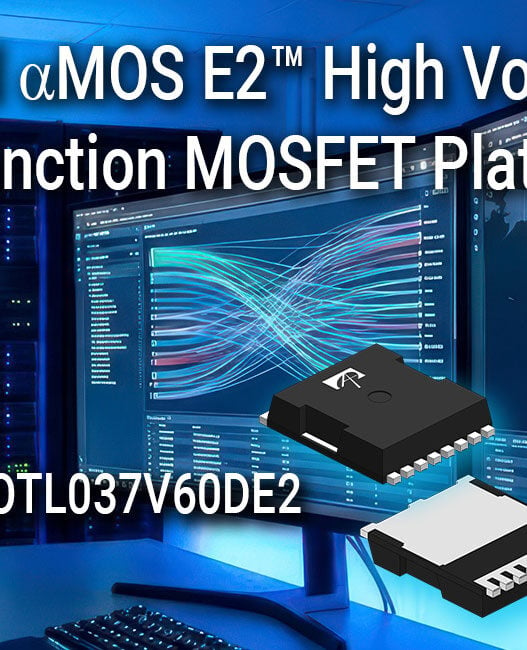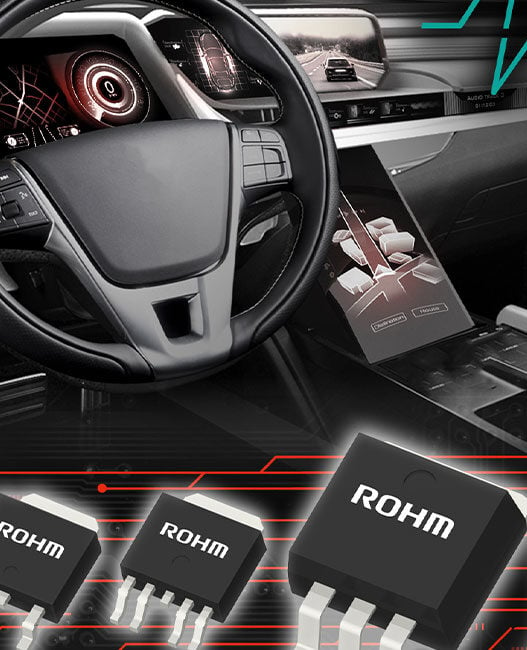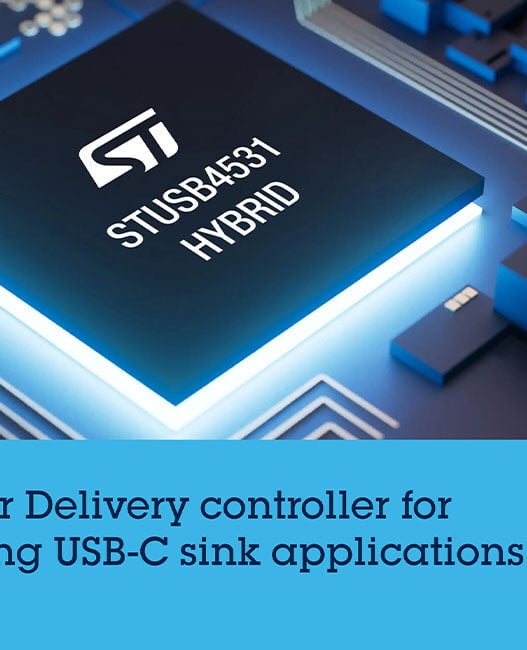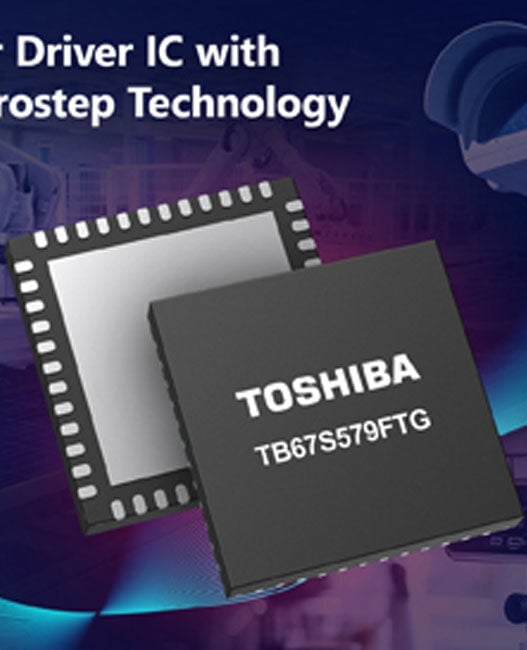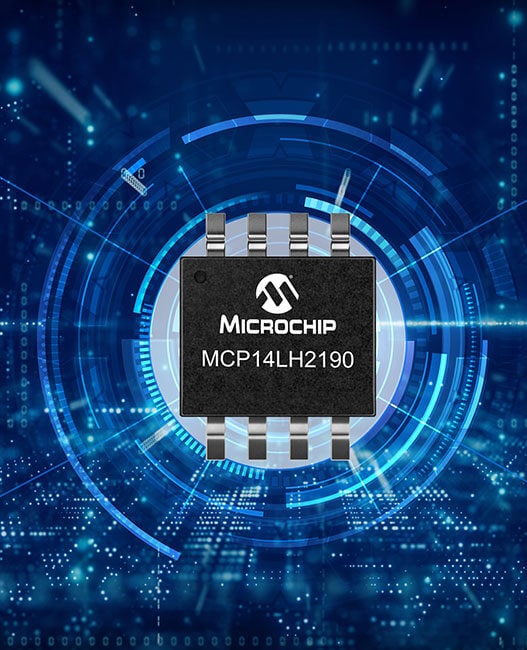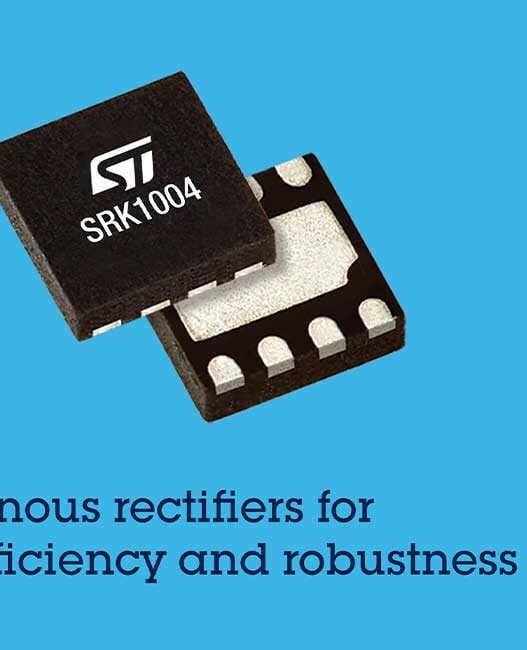The performance enhancements include support for more compact/efficient neural network models and deeper quantisation support to accommodate larger models for processing higher resolution and/or faster frames-per-second images in vision applications, delivering more accurate Edge AI performance. The new reference designs let sensAI customers quickly and easily create popular AI experiences, including key phrase detection and human face recognition.
“MCUs struggle to deliver the performance needed for Edge AI while still maintaining strict power budgets. But thanks to their small size, support for parallel processing and sensor-agnostic AI inferencing, Lattice FPGAs are a compelling platform for any number of Edge AI applications requiring low power operation,” said Hussein Osman, Market Segment Manager, Lattice Semiconductor. “Running our enhanced sensAI solutions stack on Lattice’s iCE40 UltraPlus and ECP5 FPGAs makes it easier than ever to add high performance Edge AI applications to new and existing product designs.”
The latest enhancements to the Lattice sensAI solution stack include:
- sensAI on the iCE40 UltraPlus FPGA now supports eight-bit quantisation, which allows customers to double their neural network model’s size for more accurate AI performance.
- sensAI on the ECP5 FPGA now supports the MobileNet and ResNet neural network models, which can process higher resolution images to deliver more accurate AI performance with no increase in power consumption.
- New application reference designs for fast implementation of additional Edge AI applications, including:
- Key phrase detection for AI/ML-enabled human machine interface applications using microphones. This reference design provides the ability for customers to retrain the neural network model to recognise new key words or phrases as needed.
- Human face recognition, which in addition to detecting a human face can now identify specific registered users. New registered users can be added to the face recognition application without retraining the device’s entire neural network, providing significant savings to both system design time and cost.
- Enhancements to existing presence detection and object counting reference designs that deliver more accurate AI performance at low power for applications like:
- Wake-on approach for printers and laptops.
- Defect detection and operator compliance in industrial smart cameras.



